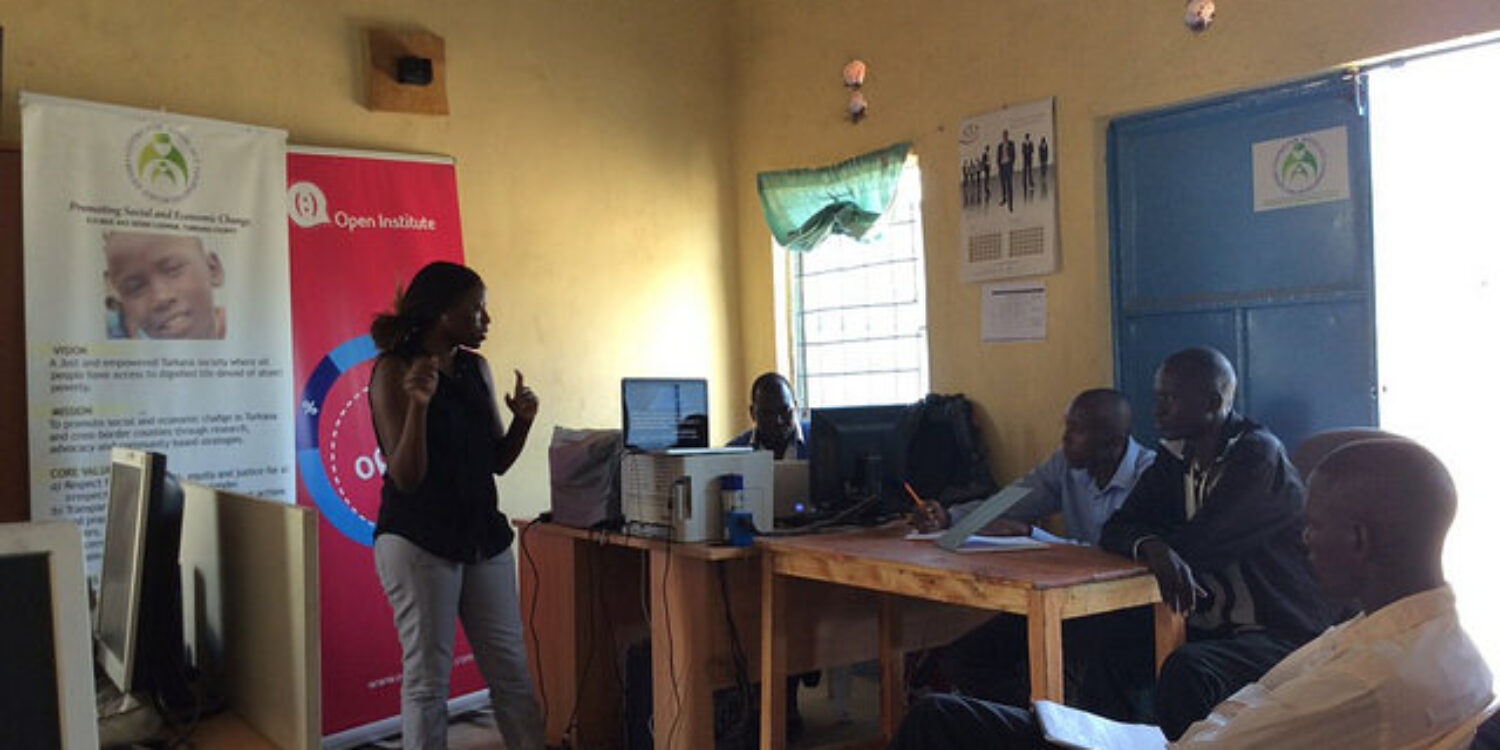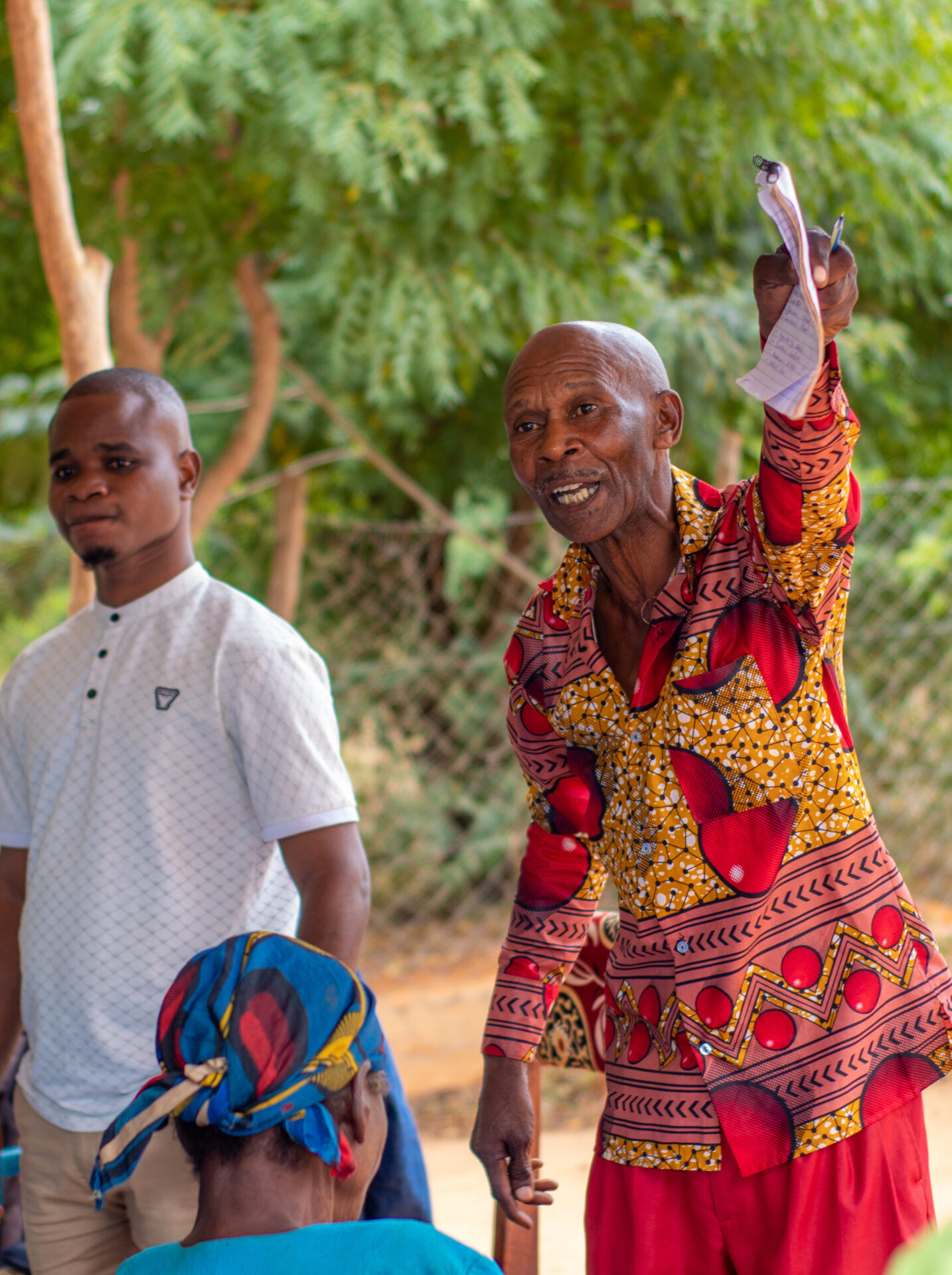This week, our team went to Lodwar, Turkana County in Nothern Kenya, to conduct a workshop as part of our SDI Data Support Program.
We worked with 8 participants from the Centre for Advocacy, Relief and Development (CARD) and TUBAE – African Development Trust, both local civil society organizations based in Lodwar.
The following slides gives you an overview of the training we conducted:
A section of the training focused on exploring the challenges and opportunities these groups face when collecting and working with data in their day to day activities. It became apparent to us in the early part of the discussion that data about devolution is a key resource for these organizations but not easily available to them.
The primary reason these organizations seek devolution data is to empower them with knowledge that would allow them to engage with their county government and other authorities on governance issues, primarily regarding service delivery. We found this particularly interesting because a few months back, after the Council of Governors held their annual Devolution Conference, we examined the resolutions and established that service delivery was a key link between devolution and open governance.
The major challenge that these organizations face, however, is that the local authorities are not very willing to provide them with this data. The local organizations cited the County Integrated Development Plan (CIDP) as an example of data they have asked of the county government but have had their requests perpetually delayed or turned down.
For context, the County Governments Act, 2012 (CGA), 104 obligates a county to develop a County Integrated Development Plan (CIDP) – a 5 year plan that shall reflect the strategic mid-term priorities of the county governments. The CIDP contains specific goals and objectives, a costed implementation plan, provisions for monitoring and evaluation and clear reporting mechanisms. It also contains information on investments, projects, development initiatives, maps, statistics, and a resource mobilization framework. More on CIDP here: http://www.tisa.or.ke/uploads/What-You-Need-to-Know-About-the-County-Integrated-Development-Plan.pdf [PDF]
Without this data, these organizations would find it difficult to carry out their advocacy mission.
The other interesting thing about what’s happening in Turkana (and possibly other counties) is that local organizations and citizens are beginning to fuel a demand-driven open data ecosystem. Devolution has created new opportunities for these organizations to work and deliver impact including using data to drive decisions and development.
On the other end of the chain, county governments can also gain by engaging citizens in the governance process through data. While the process may still have chances, it provides an opportunity to cement a partnership with the citizens to advance development and good governance.
Open Institute, aware of the opportunities, has chosen to work with the local organizations in the devolved units to build their capacity to work with data. Turkana being the first has made us aware of some of the challenges these organizations face as well as their needs. We’re constantly working to improve the quality of our training to respond to these.













